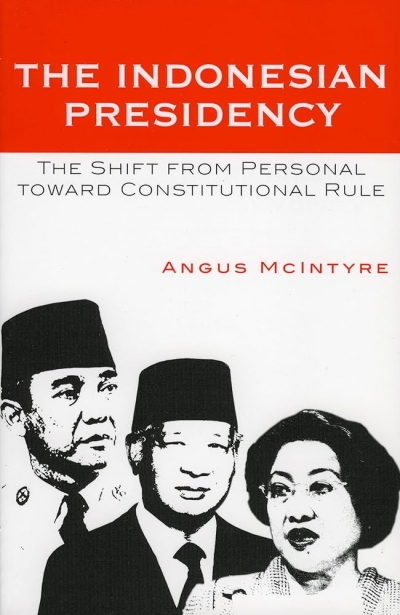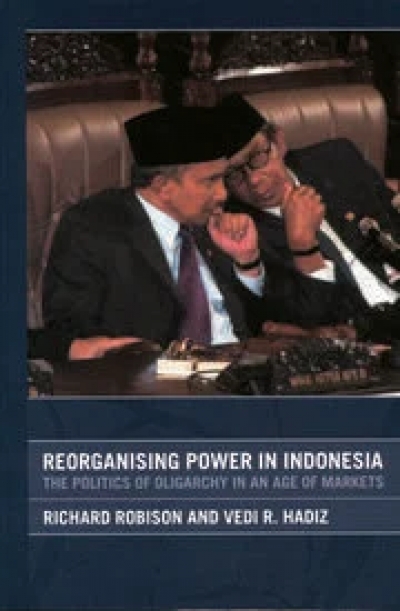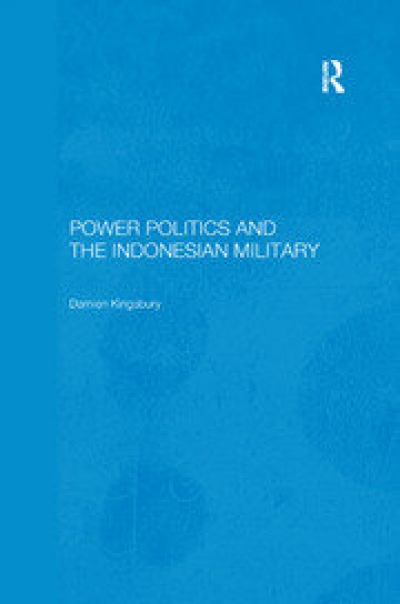Damien Kingsbury
Indonesia’s War Over Aceh: Last stand on Mecca’s porch by Matthew Davies
The Indonesian Presidency: The shift from personal toward constitutional rule by Angus McIntyre
ABR welcomes letters from our readers. Correspondents should note that letters may be edited. Letters and emails must reach us by the middle of the current month, and must include a telephone number for verification.
Behold how low
Dear Editor,
Robert Manne’s review of my book Washout: On the Academic Response to the Fabrication of Aboriginal History (ABR, May 2005) avoids most of my criticisms of Whitewash: On Keith Windschuttle’s Fabrication of Aboriginal History, and misrepresents the rest.
... (read more)Reorganising Power in Indonesia: The politics of oligarchy in an age of markets by Richard Robison and Vedi R. Hadiz
Power Politics and the Indonesian Military by Damien Kingsbury & Politics and the Press in Indonesia by Angela Romano
Have the Bali Bombings completely changed our view of Indonesia? Although obviously not designed to do so, these three books provide necessary background on how such an atrocity might be possible in the near-anarchic circumstances of that country. They also give a wide-ranging and informative picture of the present state of Indonesia in all its chaos and uncertainty. They make sobering reading, as if Indonesian politics is a mixture of Shakespearean tragedy, Javanese shadow play and gangster drama: Hamlet, Semar and The Godfather.
... (read more)




